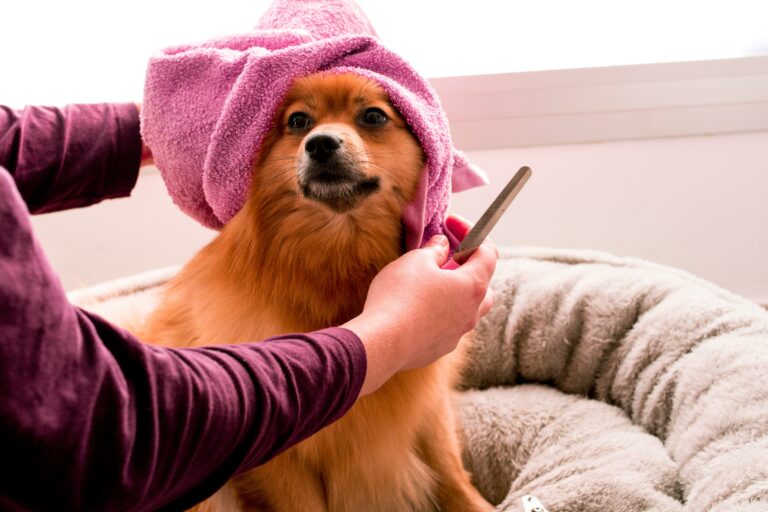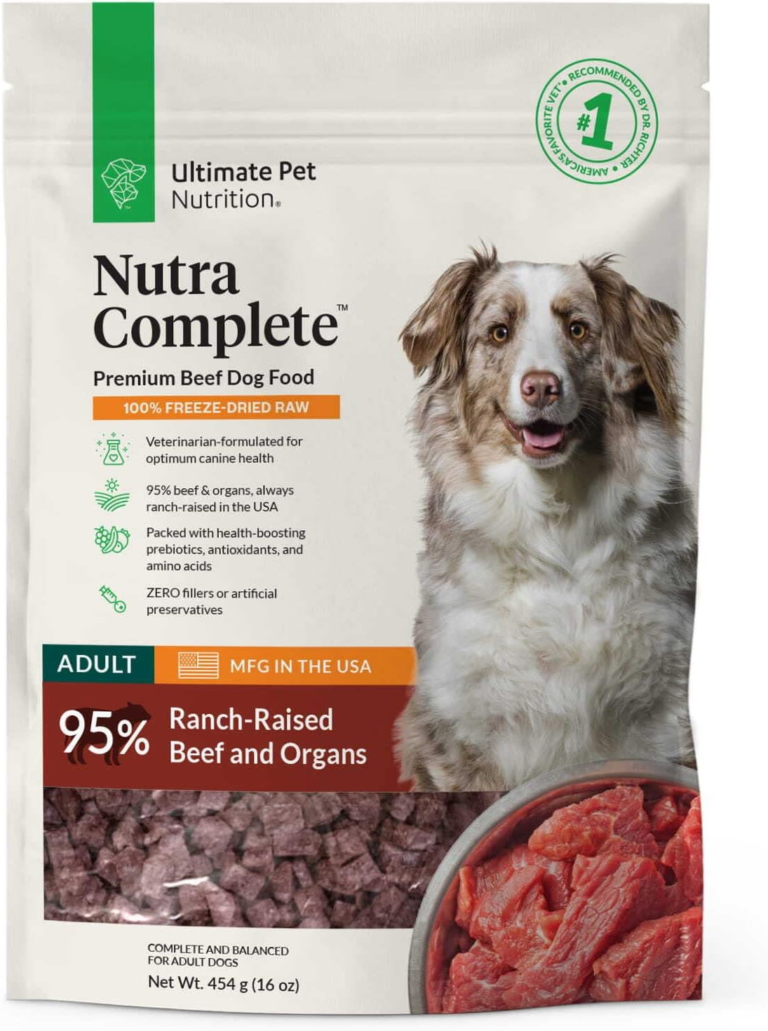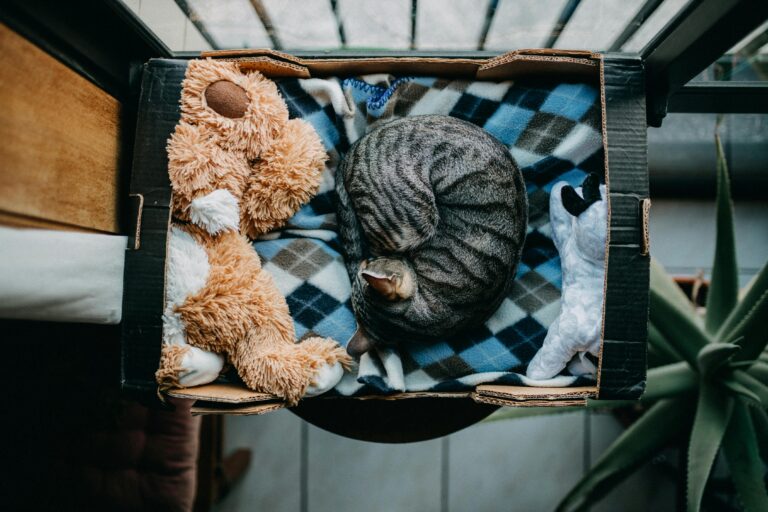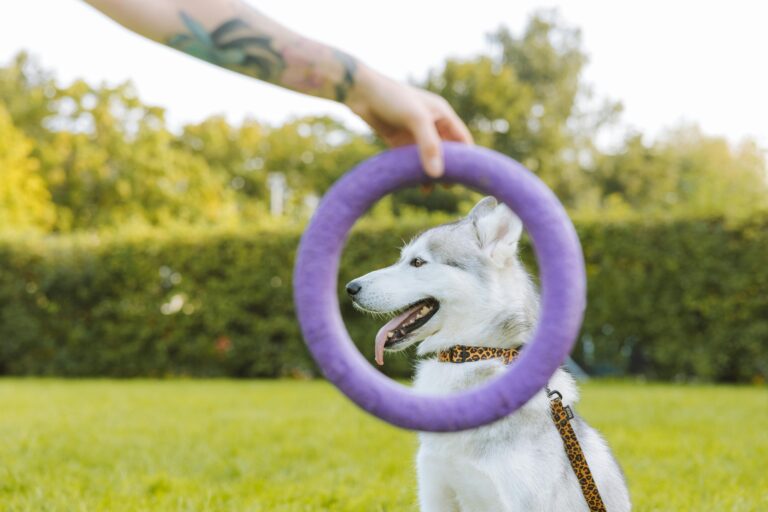Tips for Maintaining the Health of Your Small Pet
Ensuring the well-being of your small pet is crucial for their happiness and longevity. Follow these essential tips for maintaining the health of your small pet to keep them thriving.
Importance of Small Pet Health
Understanding and implementing these tips are essential for every small pet owner. Ensuring your pet receives the best care will result in a healthier, happier pet.
Balanced Diet for Small Pet Health
A balanced diet is fundamental for small pet health. Ensure that your small pet receives the right nutrients by providing a mix of fresh fruits, vegetables, and high-quality pet food specific to their species. Always consult your vet for dietary recommendations tailored to your pet’s needs.
Regular Exercise for Small Pet Health
Regular exercise is vital for maintaining the health of your small pet. Whether it’s a hamster running on a wheel, a rabbit hopping around, or a guinea pig exploring a playpen, ensure your small pet has ample opportunities for physical activity to stay fit and prevent obesity.
Proper Grooming for Small Pet Health
Grooming is an essential aspect of small pet health. Regularly brush your pet’s fur to prevent matting and reduce shedding. Additionally, keep their nails trimmed and clean their ears to avoid infections. Grooming not only keeps your pet looking good but also helps in early detection of health issues.
Safe and Clean Environment
Creating a safe and clean environment is crucial for your small pet’s health. Regularly clean their living space to prevent the buildup of bacteria and odors. Ensure their cage or habitat is secure and free from hazards that could cause injury or stress.
Mental Stimulation for Small Pet Health
Mental stimulation is important for small pet health. Provide toys, puzzles, and interactive activities to keep your pet engaged and prevent boredom. A stimulated pet is a happy pet, reducing the risk of behavioral problems.
Hydration for Small Pet Health
Ensure your small pet has access to fresh water at all times. Proper hydration is essential for their overall health and helps prevent urinary tract infections and other health issues. Regularly check and refill their water supply.

Regular Vet Visits
Regular vet visits are key to maintaining small pet health. Annual check-ups help monitor your pet’s health, catch potential issues early, and keep vaccinations up-to-date. If you notice any changes in your pet’s behavior or appearance, consult your vet promptly.
Proper Socialization
Socialization is important for the mental and emotional health of your small pet. If your pet is social by nature, like guinea pigs or rabbits, consider adopting them in pairs to prevent loneliness. Ensure they interact regularly with family members.
Understanding Your Pet’s Specific Needs
Each small pet species has unique needs. Research and understand the specific care requirements for your pet. Whether it’s the diet of a chinchilla, the habitat of a hamster, or the grooming needs of a rabbit, tailor your care routine to meet those needs.
Conclusion
By following these tips, you can ensure the health and happiness of your small pet. Regular vet visits, a balanced diet, proper grooming, and mental stimulation are essential components of small pet health. Remember, a healthy pet is a happy pet, and these tips will help you achieve that.







